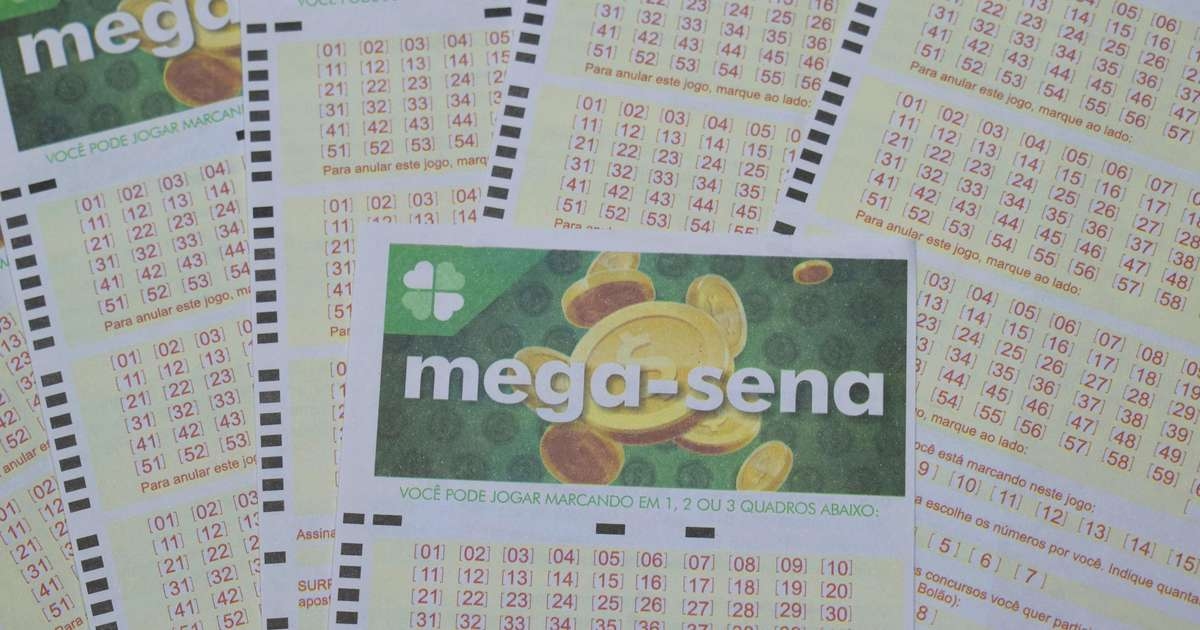Venezuelan oil is being shipped to China as if it were Brazilian, says agency

A report published this week by Reuters indicated that companies involved in oil sales had sent more than US$1 billion worth of product from Venezuela to China as if it were Brazilian since last year.
The British news agency based the report on data from two tanker tracking companies, corporate documents and information from four operators in the area.
According to Reuters, this practice has been in place since at least July 2024 and allows tankers to sail directly from Venezuela to China, avoiding a stopover in Malaysian waters and shortening the journey by around four days.
In addition to this cost cutting, the measure helps to circumvent sanctions that the United States and other countries have imposed on Venezuelan oil due to the repression of Nicolás Maduro's dictatorship.
Since the sanctions came into force in 2019, cases of operators transferring the product from one ship to another at sea to disguise the fact that it is Venezuelan oil have been common, the agency reported.
Reuters reported that more recently shippers have tampered with the tracking signals of oil tankers to make it appear that the vessels are departing from Brazilian ports when they are actually leaving from Venezuela.
The agency cited as sources maritime navigation data, satellite imagery and coastal photos compiled and analyzed by monitoring service TankerTrackers.com.
Proof of the scheme, according to Reuters, is that Chinese customs data indicate that China imported around 67,000 barrels per day (bpd) of mixed bitumen from Brazil between July 2024 and March 2025, totaling US$1.2 billion, but Petrobras CEO Magda Chambriard told reporters in Houston, United States, last week that the Brazilian state-owned company exports “mainly pre-salt crude oil [to China], not bitumen”.
The agency added that Brazilian customs data shows no export of bituminous mix to China since at least 2023 and that many cargoes arriving in the Asian giant marked as Brazilian bitumen actually contain Venezuela's Merey, a mix of extra-heavy and light crude, citing trade sources, tanker tracking firm Vortexa Analytics and internal documents from Venezuelan state oil company PDVSA reviewed by Reuters.
The governments of China and Venezuela have not commented on the matter. Gazeta do Povo requested a statement from Petrobras on the matter and has not yet received a response.
In March, US President Donald Trump announced he would impose a 25% tariff on any country that buys oil and gas from Venezuela.
gazetadopovo



